(Page 113)
Quantity
3.1 Countable and uncountable nouns
Countable nouns can be singular or plural.
a car - three cars an island - lots of islands
a woman - two women
Uncountable nouns only have a singular form. We cannot use a or an with uncountable nouns.
food pollution money
Some nouns can be countable and uncountable depending on the meaning. Compare:
We haven't got much time for dinner. (uncountable)
I told him the answer three times. (countable)
3.2 some and any
We usually use some in affirmative sentences and any in negative sentences and questions. We use them with plural nouns and uncountable nouns.
There are some traffic lights at the end of the road.
There’s some pasta on the table.
The dog doesn't want any biscuits.
They haven't got any money.
Are there any cinemas in your town?
Do you need any help?
We usually use some when we offer or ask for something, even if it is a question.
Would you like some tea?
Can I borrow some money?
3.3 a little, a few
We use a little with uncountable nouns. We use a few with plural nouns. They mean 'a small quantity of'.
Julia ate a little rice. Mike ate a few chips.
3.4 much, many, a lot of
We use much with uncountable nouns. We use many with plural nouns. We use a lot of with uncountable or plural nouns. We use a lot of uncountable or plural nouns. Much, many and a lot of all mean 'a large quantity of'.
French people don't drink much tea.
Are there many pedestrian crossings in the town centre?
Bill Gates has got a lot of money.
There are many tall buildings in Tokyo.
We often use much and many in negative sentences and questions. We do not often use them in affirmative sentences, except in very formal writing.
Charlotte’s got a lot of friends. ✓
NOT Charlotte’s got many friends. x
3.5 How much ... ? and How many ... ?
We use How much ... ? and How many ... ? to ask about quantity.
We use How much...? with uncountable nouns and How many...? with plural nouns.
How much food did you eat?
How many films did you watch?
must and mustn’t
3.6 The form of must or mustn’t is the same for all person (I, you, he, etc.).
| Affirmative | Negative |
| I must go home. | You mustn’t tell anyone. |
| You must tell the truth. | They mustn’t be late. |
| (full form = must not) |
| Questions* | Short answers |
| Must you leave so early? | Yes, I must. No, I don’t have to / needn’t. |
* We do not often make questions with must. It is more common to use Do you have to …?
3.7 We use must + infinitive without to to say that something is necessary, and it is very important to do it.
I've got a maths test tomorrow. I must revise for it this evening.
We use mustn't + infinitive without to to say that something is prohibited, and it is very important not to do it.
We mustn't be late for school.
You mustn't use a mobile phone in the cinema.
We often use must or mustn’t to express rules and laws.
In the UK, you must be 17 to drive a car.
You mustn't smoke on aeroplanes.
needn’t and don’t have to
3.8 We use needn’t or don’t have to + infinitive without to to say that something is not necessary but isn't against the rules.
You don’t have to bring a towel. There are towels at the swimming pool. (But you can bring one if you want.)
You needn’t take sandwiches as lunch is provided. (But you can bring one if you want.)
must and have to
3.9 Must and have to have very similar meanings. However, must often expresses the feelings and wishes of the speaker.
You must read this book. It's brilliant!
I'm really tired. I must go home.
Have to often expresses an 'external obligation'.
You have to show your passport when leaving the country.
Mustn't and don't have to do NOT have the same meaning: don't have to means that something is not necessary.
We don't have to wear a school uniforms.
Mustn't means 'it's prohibited'.
We mustn't wear jeans to school.
After modal verbs, we can use a passive infinitive.
Homework must be handed in on time.
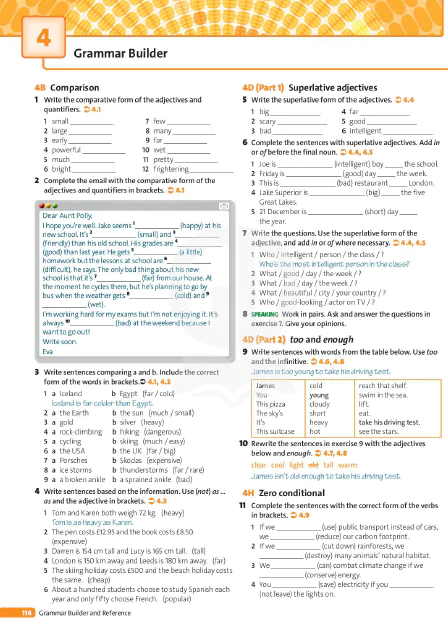
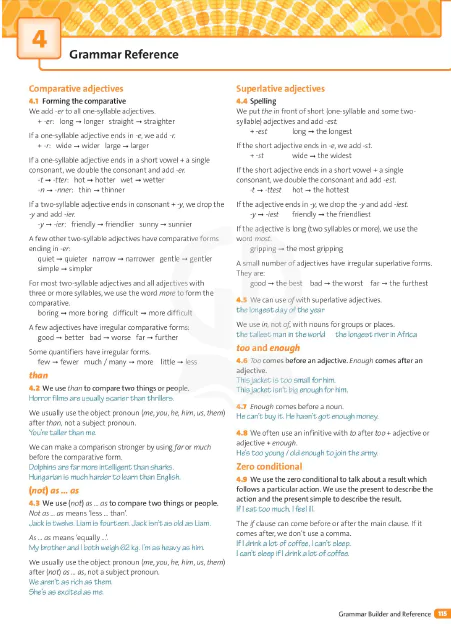
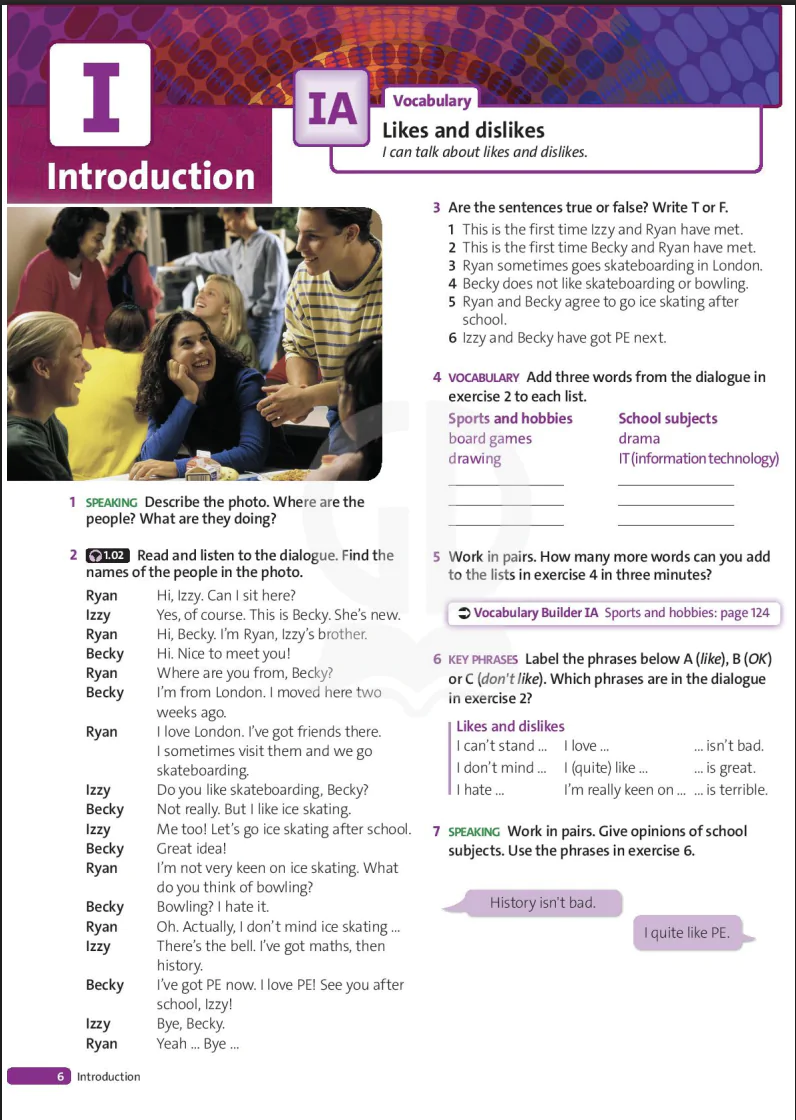
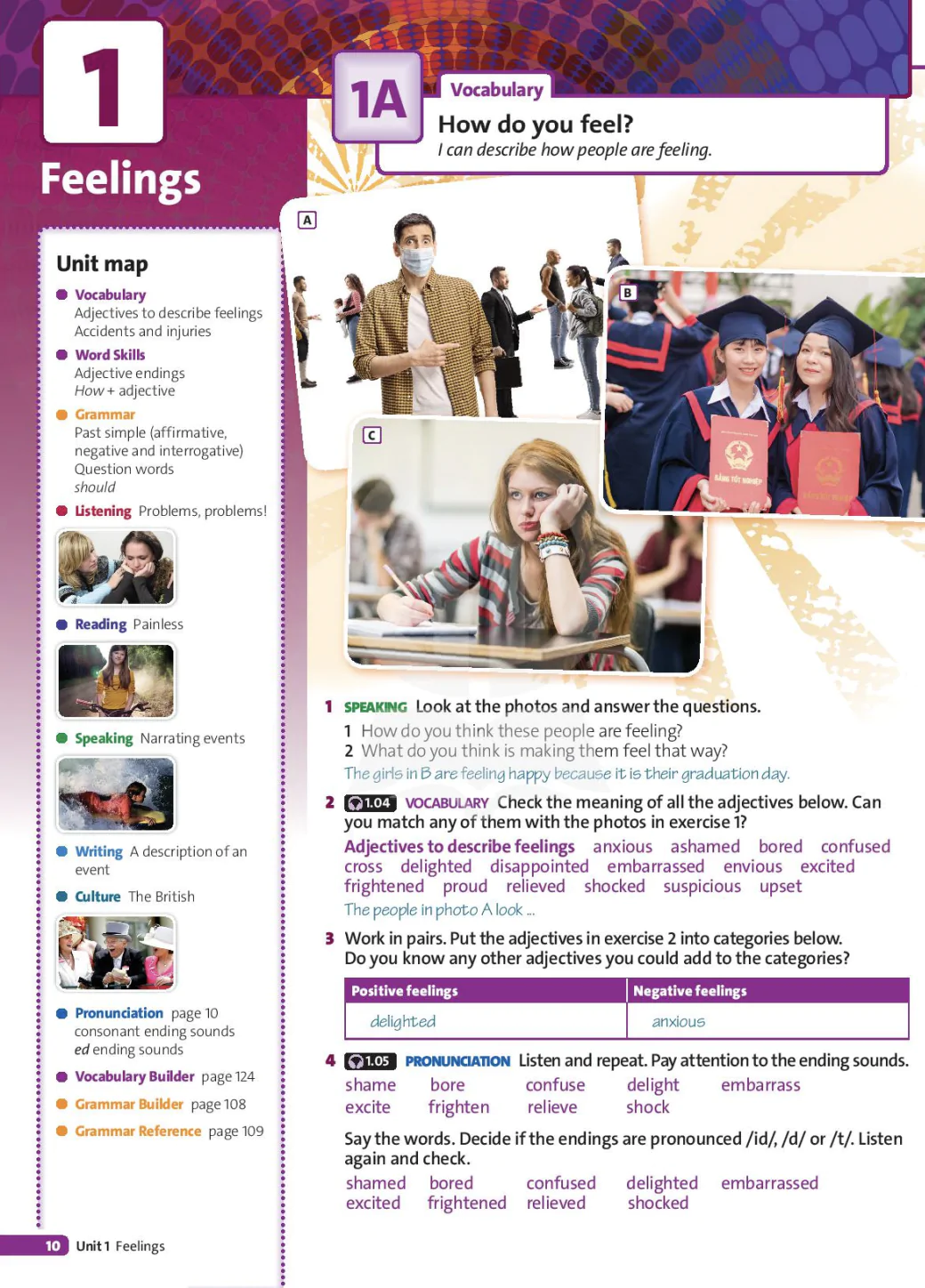
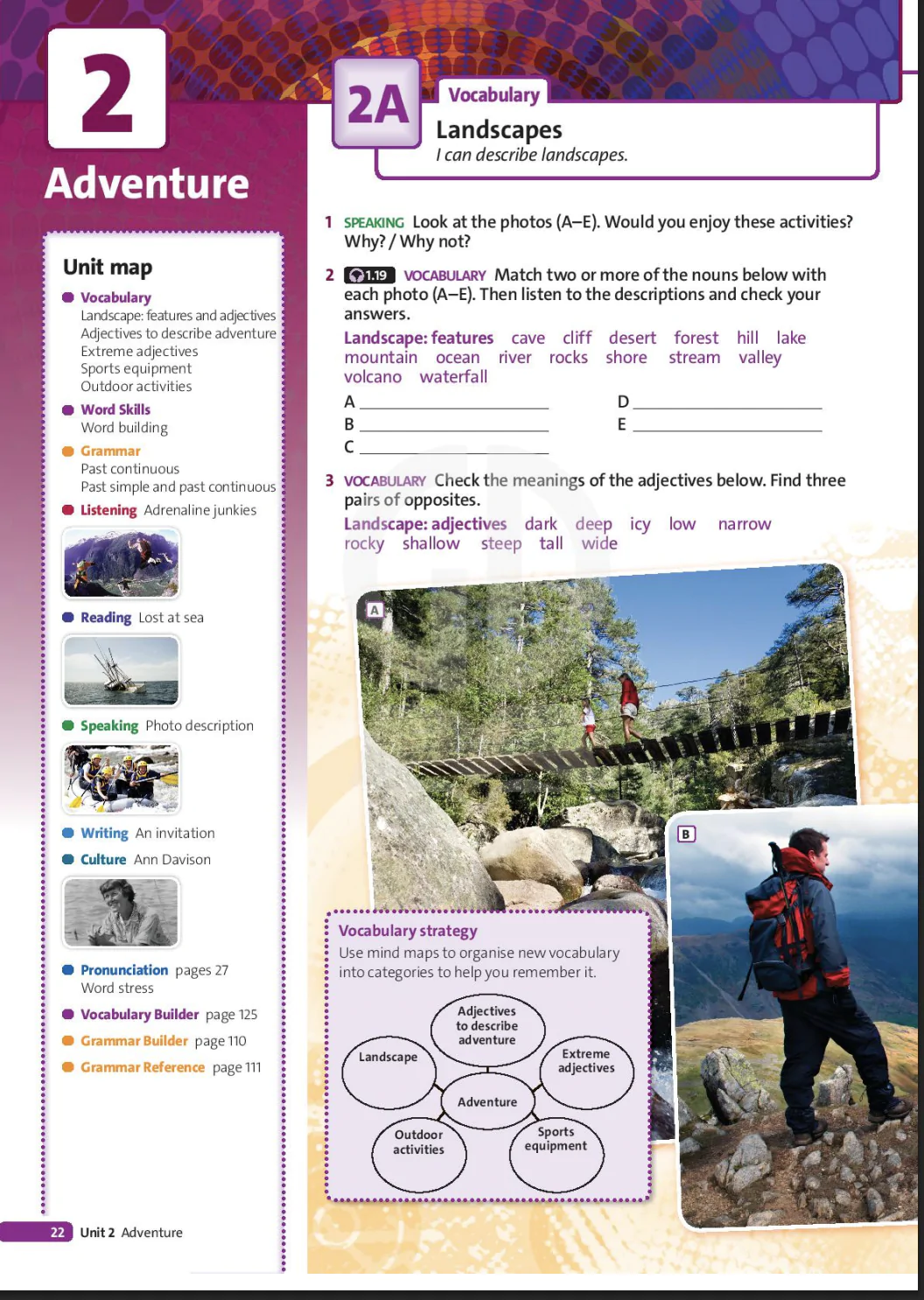
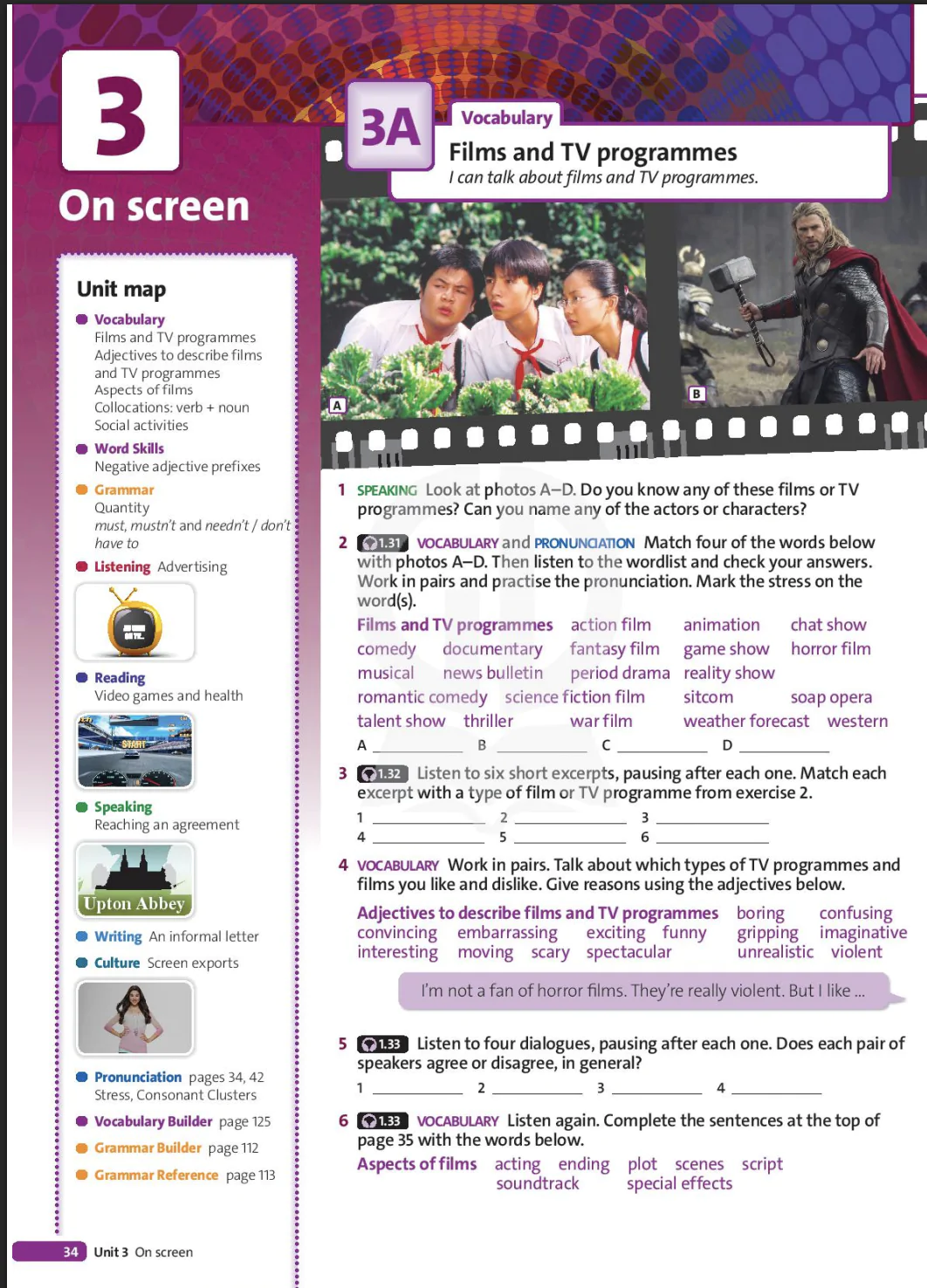
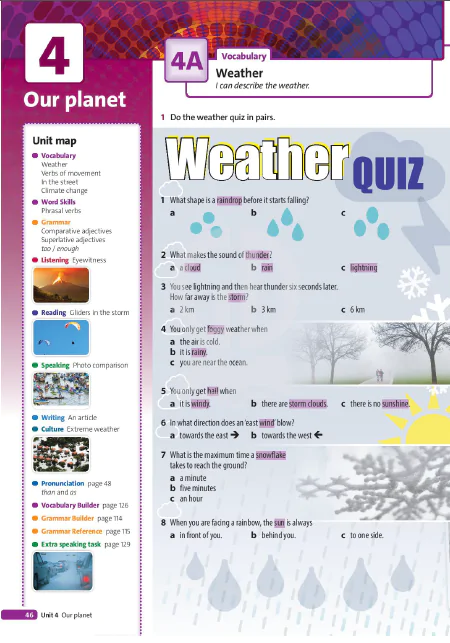
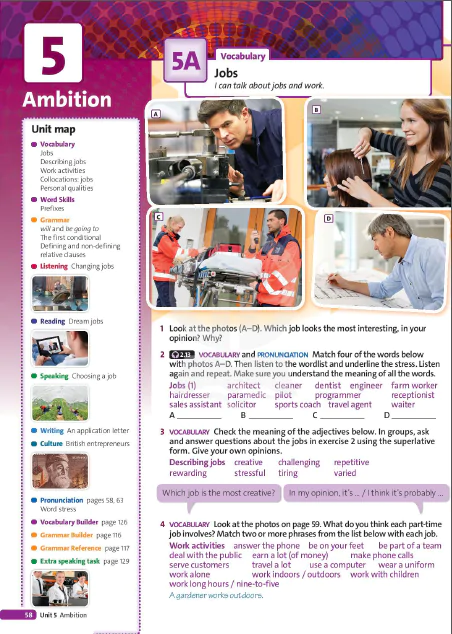
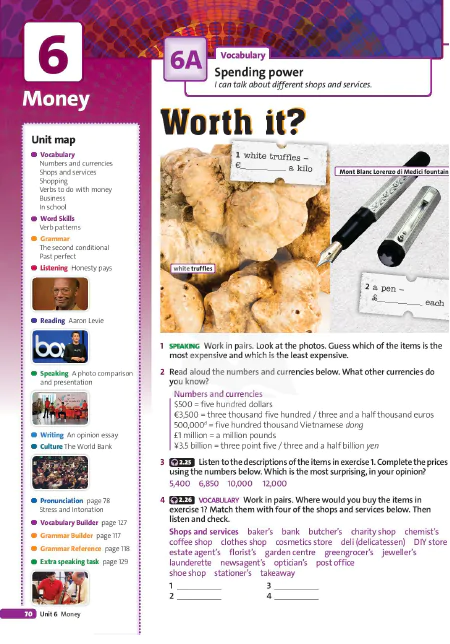
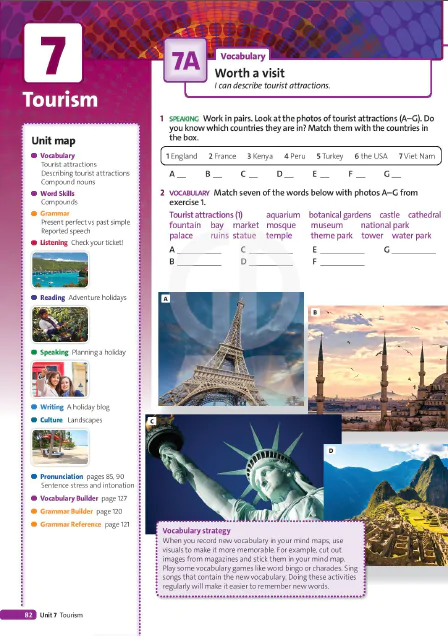
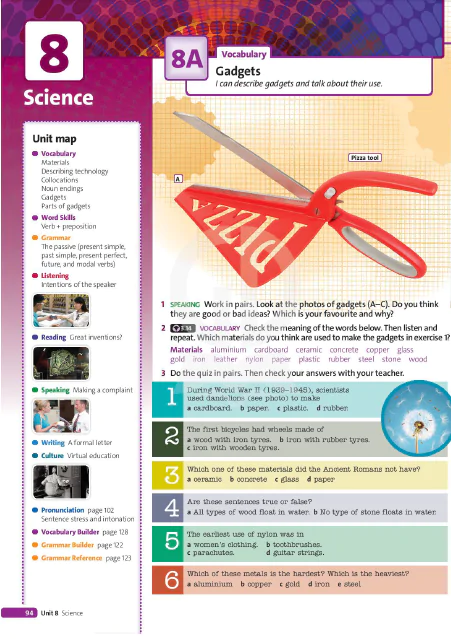
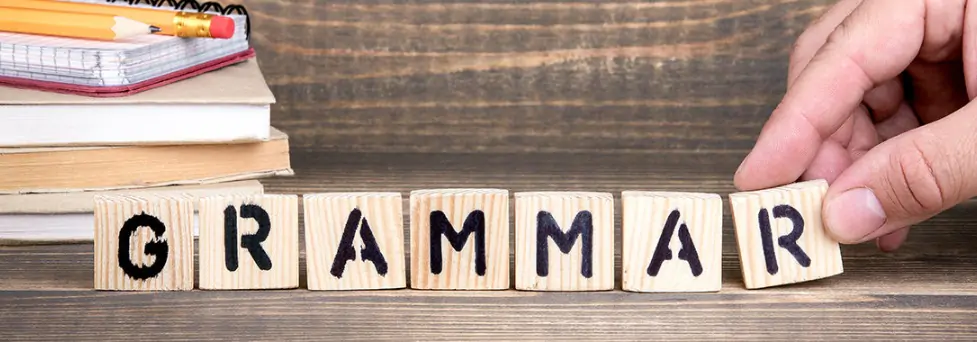
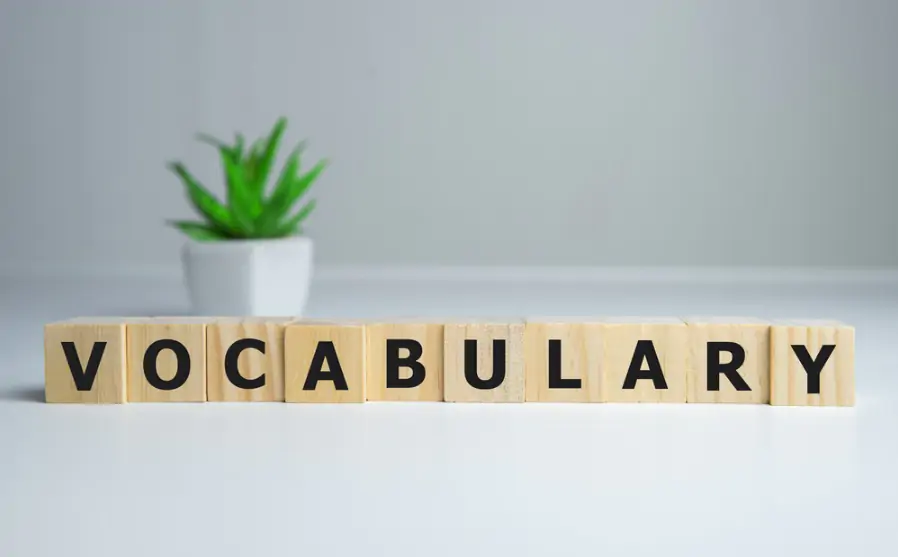
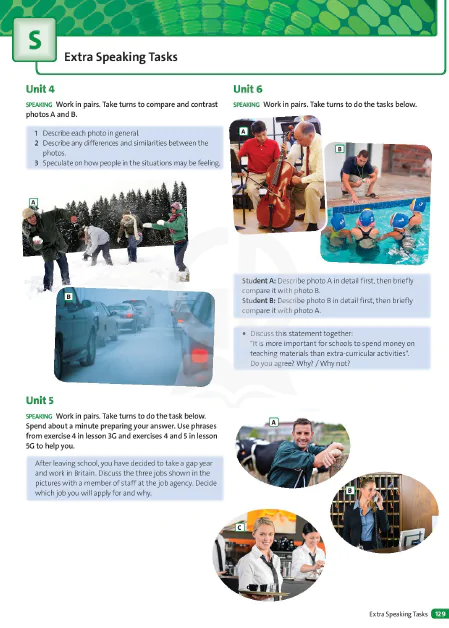
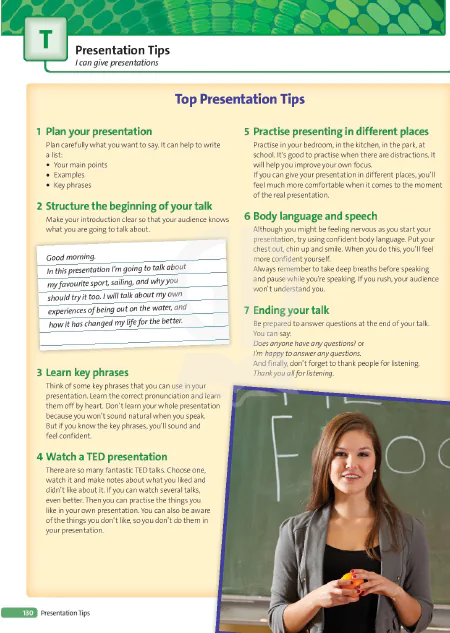
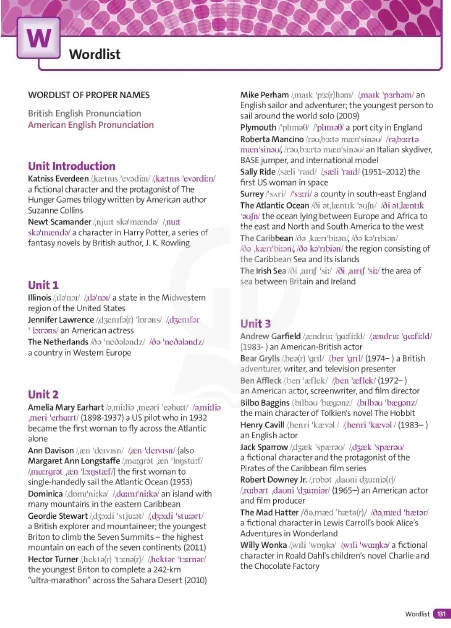

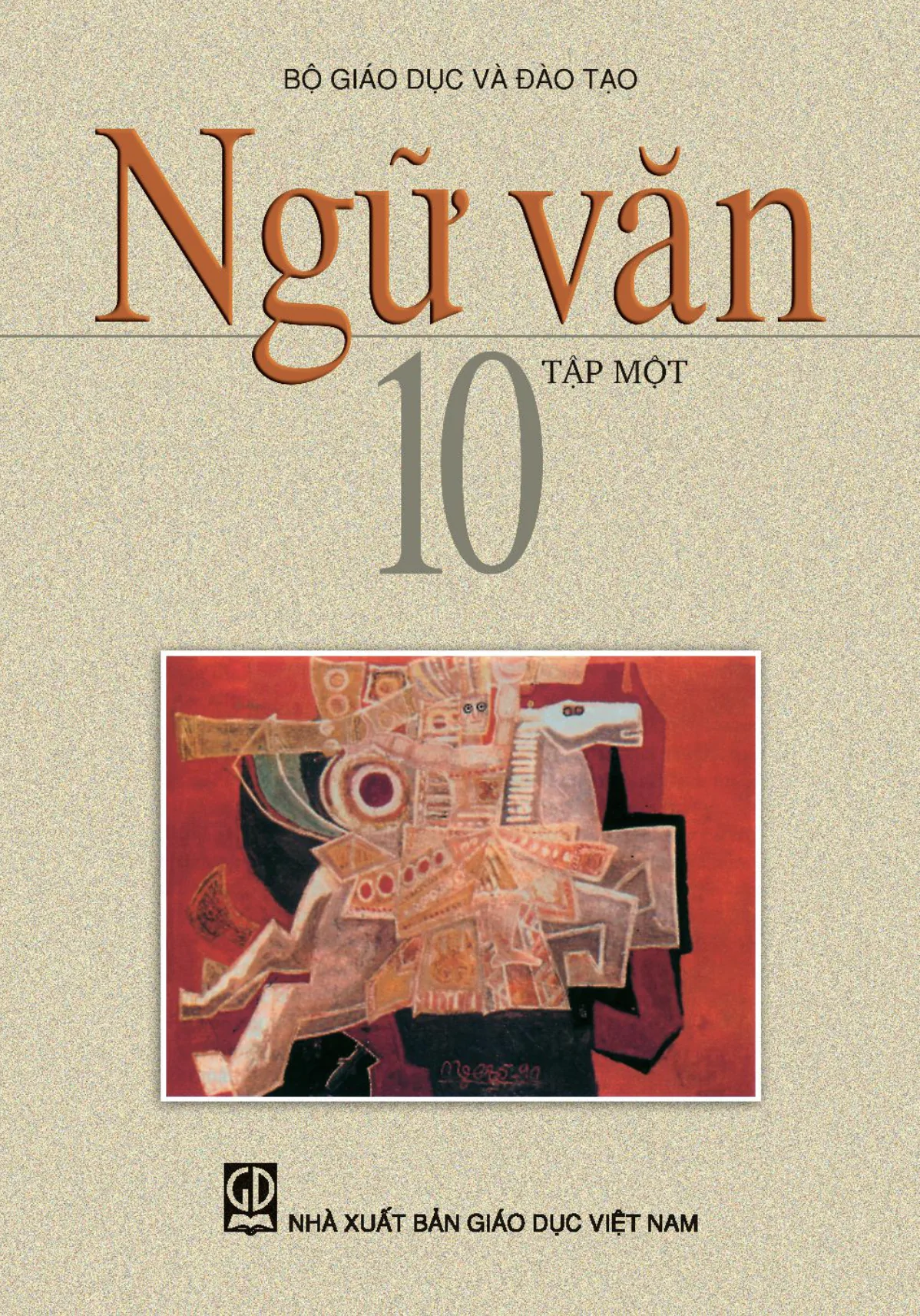
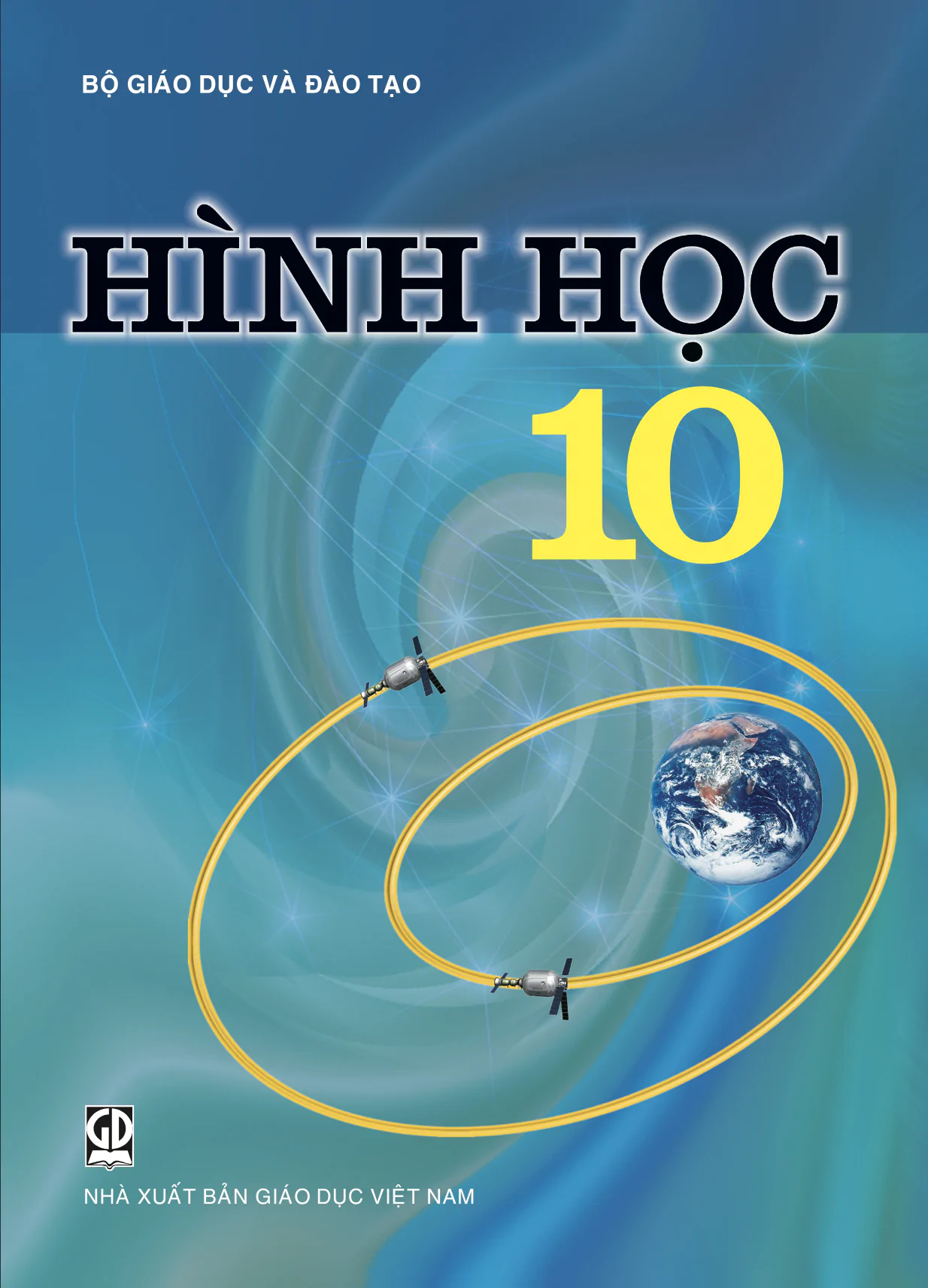
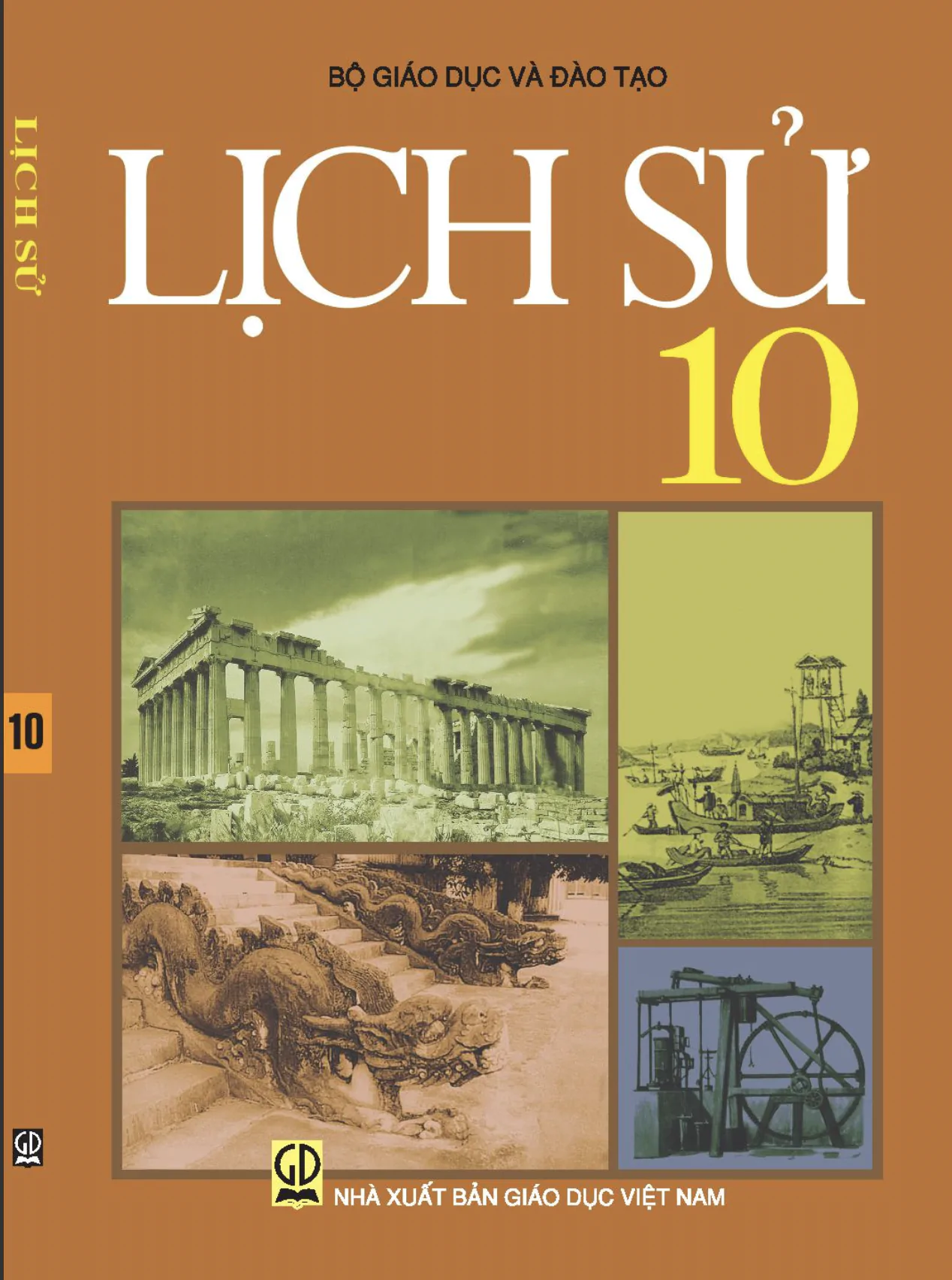
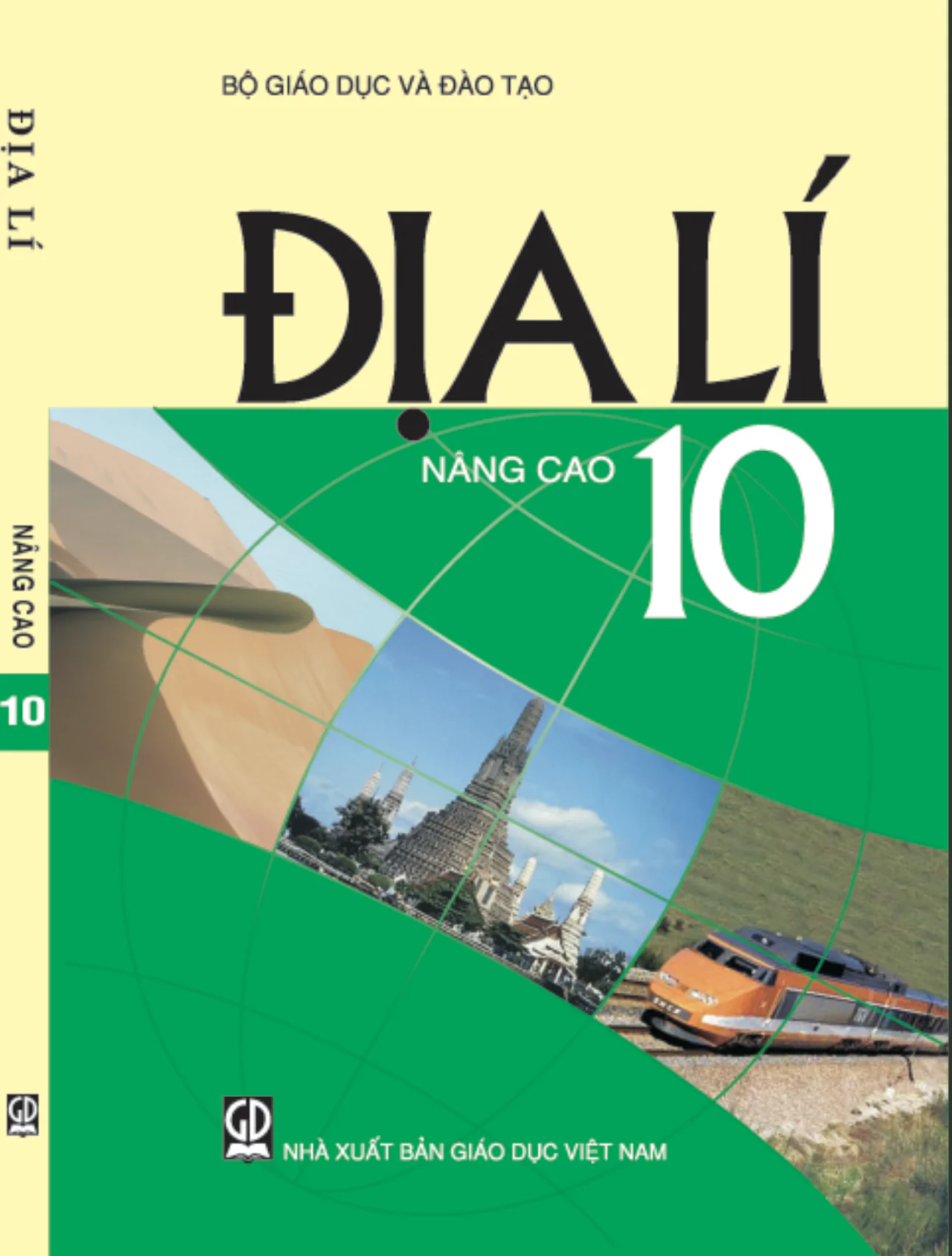
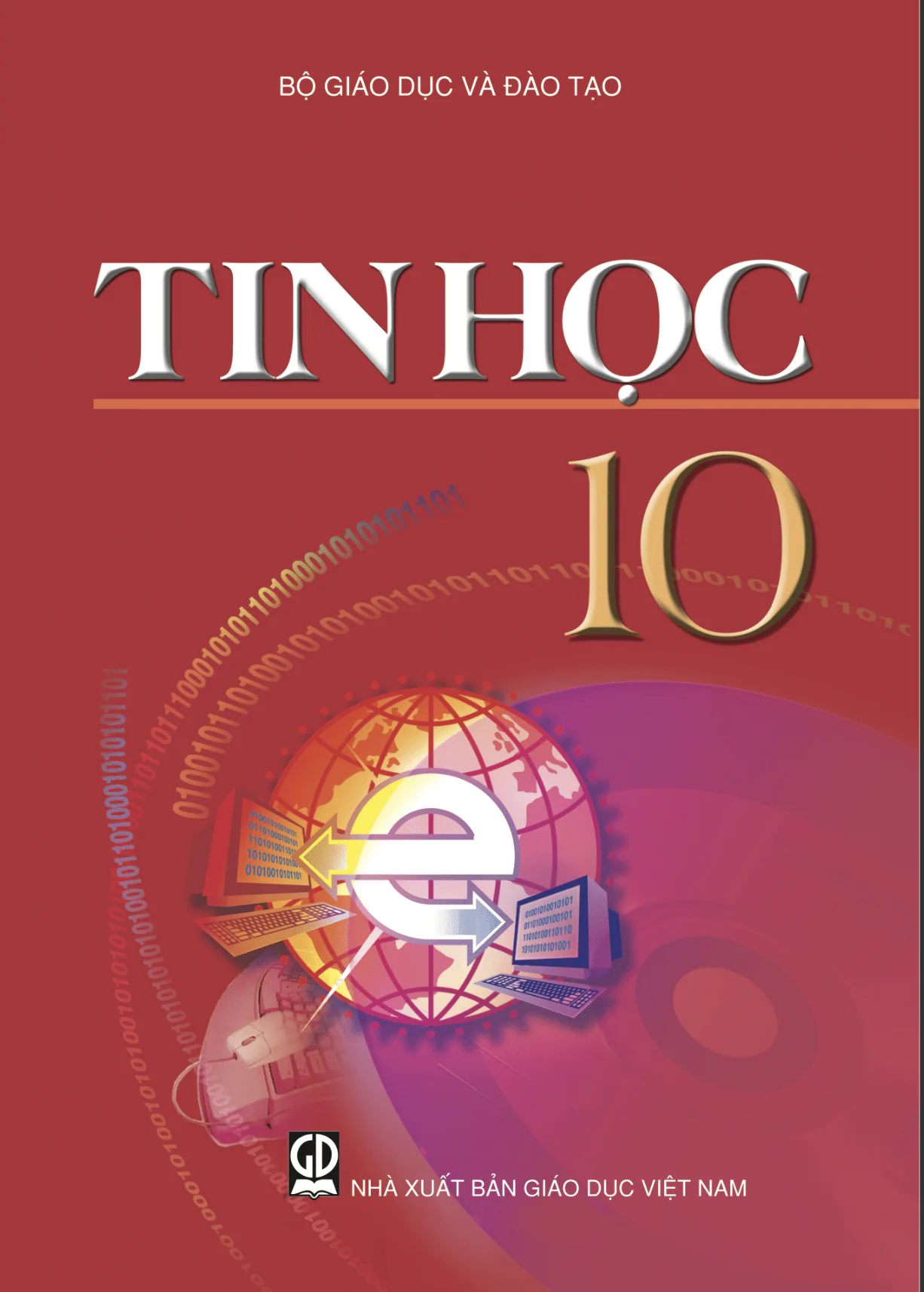
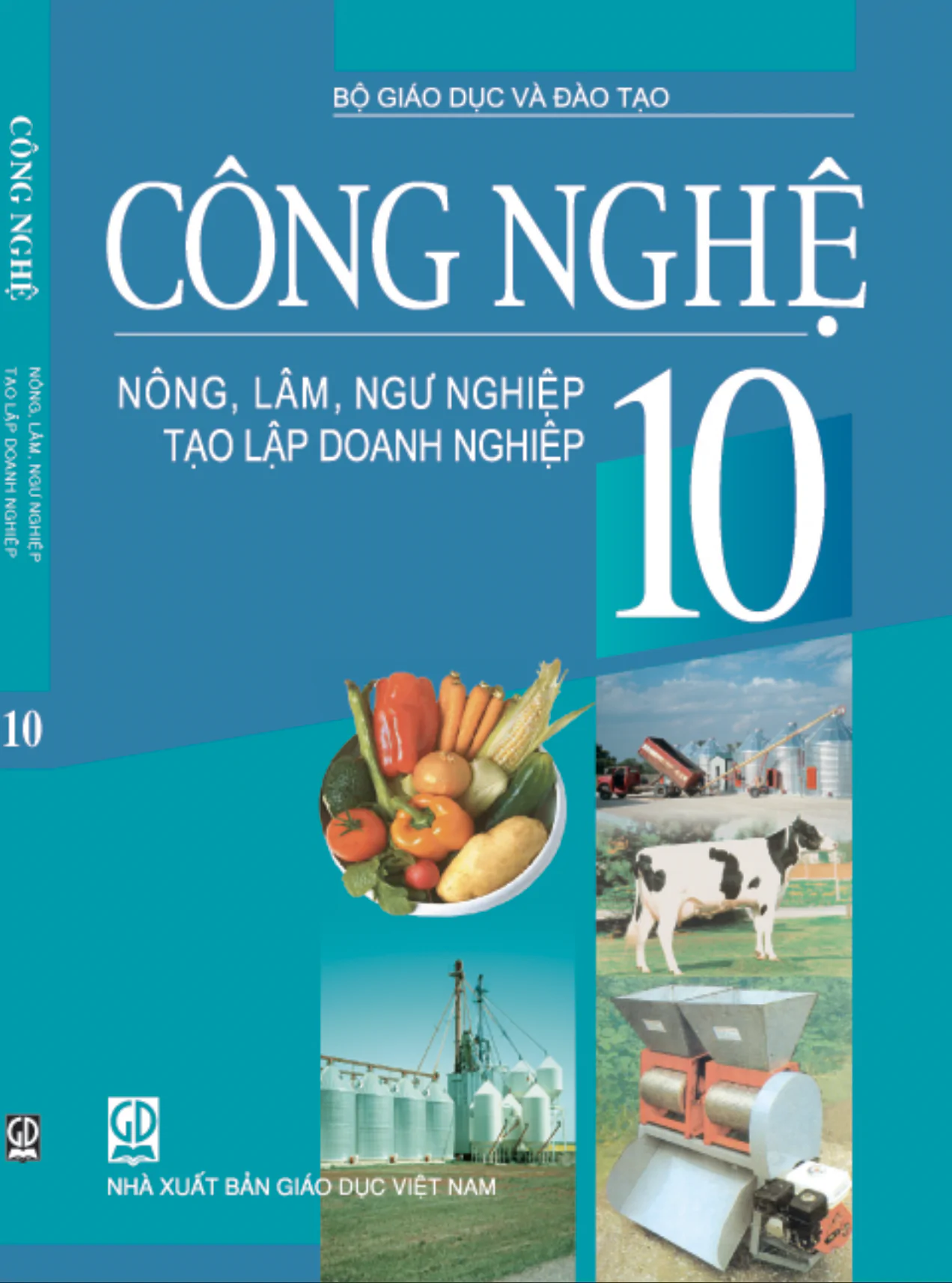
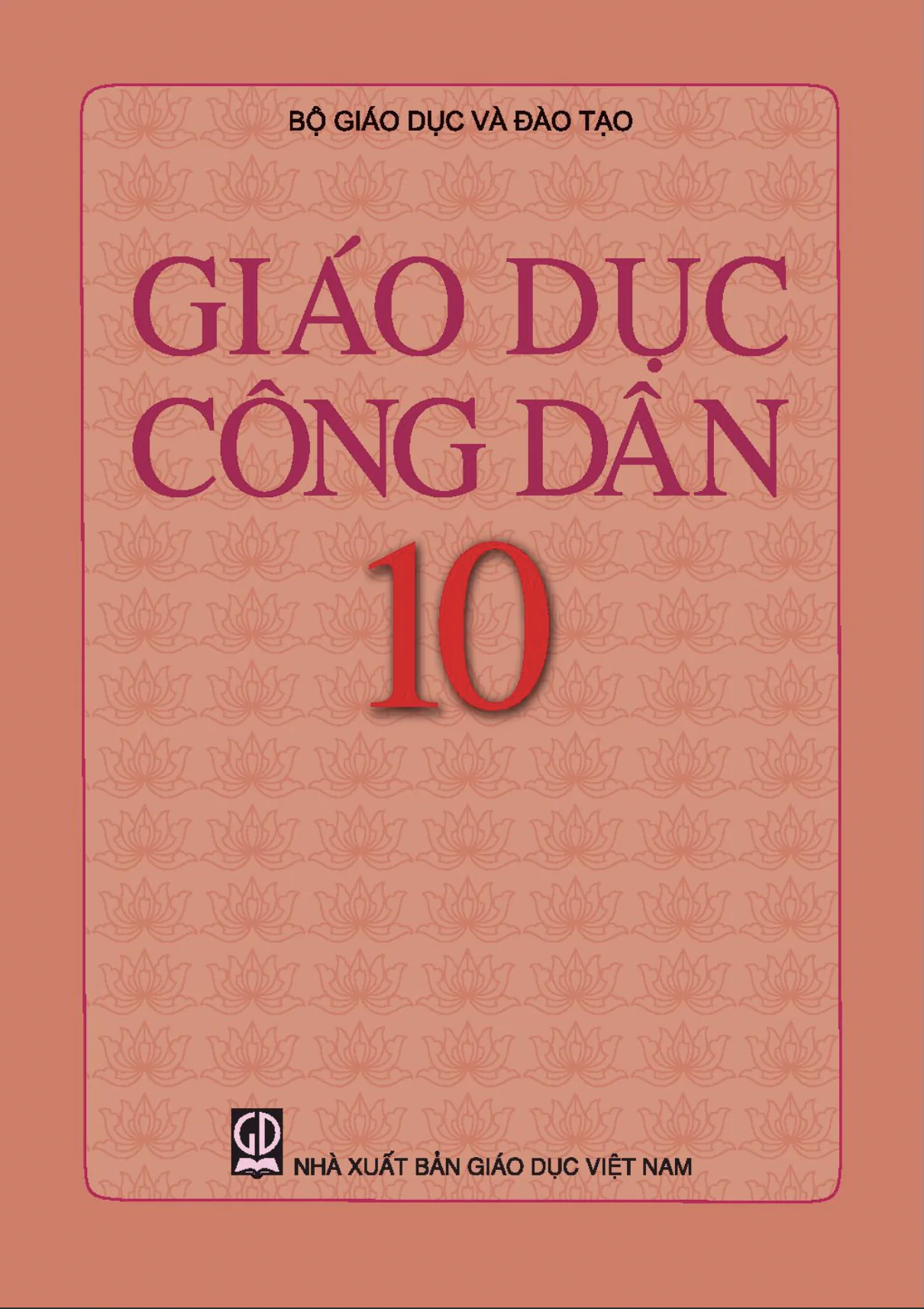
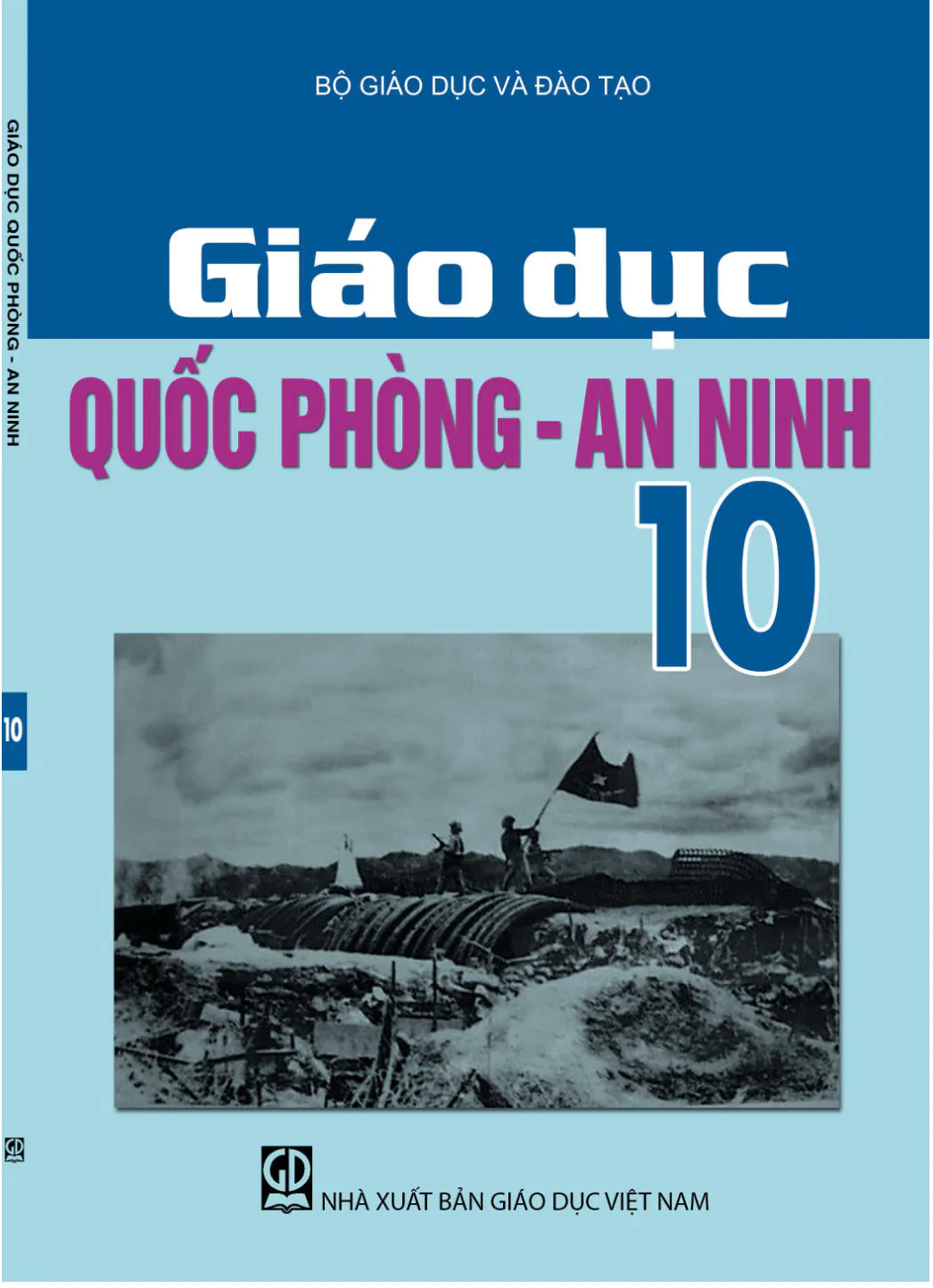

















Bình Luận
Để Lại Bình Luận Của Bạn